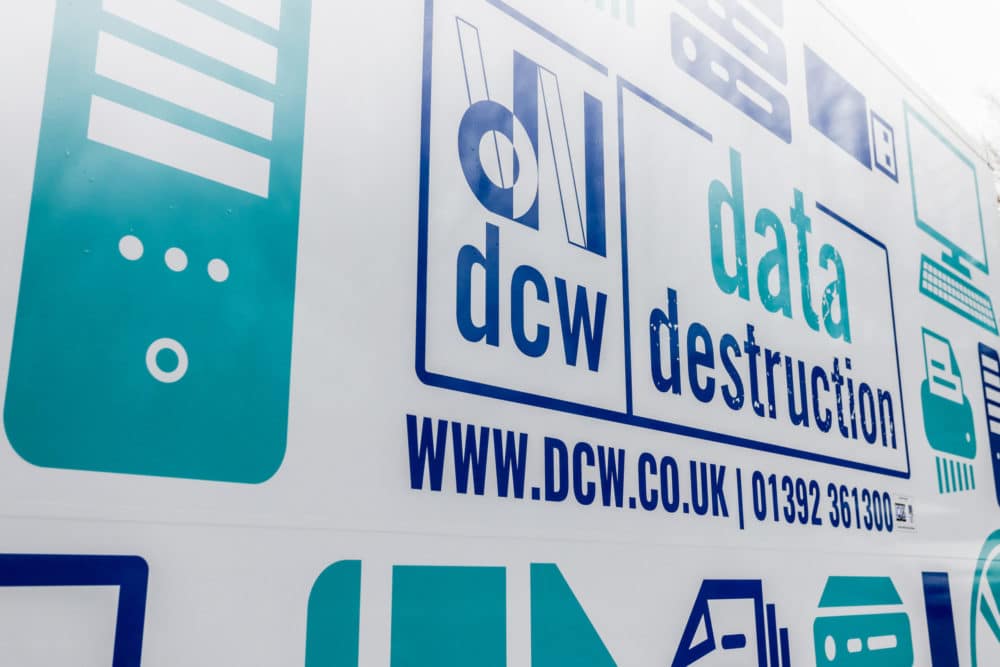Confidential Waste Guide: Secure Disposal for Devon Based Businesses
Every business handles sensitive information, whether it’s customer records, financial data, or employee details. Improper disposal of confidential waste can lead to data breaches, identity theft, and non-compliance with UK regulations such as the UK GDPR and the Data Protection Act 2018. Secure disposal ensures legal compliance, protects your reputation, and safeguards sensitive information.


Understanding Confidential Waste
Confidential waste includes any document or material that contains private, sensitive, or legally protected information. Examples include:
- Financial records (bank statements, invoices, payroll information)
- Employee and customer personal data
- Legal documents and contracts
- Medical records
- Business strategies and internal reports
- Digital media such as hard drives and USB sticks
UK Regulations and Compliance
Businesses must comply with strict data protection laws when handling confidential waste. Key regulations include:
- UK GDPR & Data Protection Act 2018 – Requires businesses to securely process and dispose of personal data.
- Freedom of Information Act 2000 – Public organisations must responsibly manage confidential data.
- Environmental Protection Act 1990 – Governs the responsible disposal of waste materials.
- BS EN 15713:2009 – The British standard for secure document destruction.
Failure to comply can result in substantial fines and legal action.
Best Practices for Secure Confidential Waste Management
- Use Secure Waste Containers – Lockable confidential waste bins prevent unauthorised access.
- Implement a Clear Disposal Policy – Train employees on how to handle and dispose of confidential waste securely.
- Shred Documents Immediately – Cross-cut shredding provides the highest level of security.
- Digitise and Secure Digital Data – Before disposal, wipe hard drives and other storage devices.
- Outsource to a Professional Waste Disposal Provider – Certified providers ensure compliance and offer secure document destruction services.
- Schedule Regular Collections – Prevent waste buildup by arranging frequent collections with a trusted provider.
Benefits of Outsourcing Confidential Waste Disposal
- Legal Compliance – Professional services ensure adherence to UK regulations.
- Enhanced Security – Secure handling reduces the risk of data breaches.
- Environmental Responsibility – Many providers offer recycling options.
- Cost and Time Savings – Reduces internal workload and ensures efficient disposal.
Environmental Considerations
Responsible disposal of confidential waste helps reduce environmental impact. Many professional disposal services recycle shredded paper, contributing to sustainability efforts. Choosing a certified confidential waste provider that prioritises recycling can support your business’s environmental goals.
How to Choose a Trusted Confidential Waste Provider
- Look for ISO 9001 and BS EN 15713 certifications.
- Check if they provide secure on-site and off-site shredding.
- Ensure they issue a Certificate of Destruction for compliance records.
- Consider their environmental commitments, such as recycling policies.
Conclusion
Confidential waste disposal is essential for businesses to maintain legal compliance, protect sensitive data, and uphold their reputation. Implementing best practices and working with a professional waste disposal provider ensures maximum security and environmental responsibility.
For secure, compliant, and eco-friendly confidential waste disposal, DCW offers industry-leading services tailored to your business needs.


